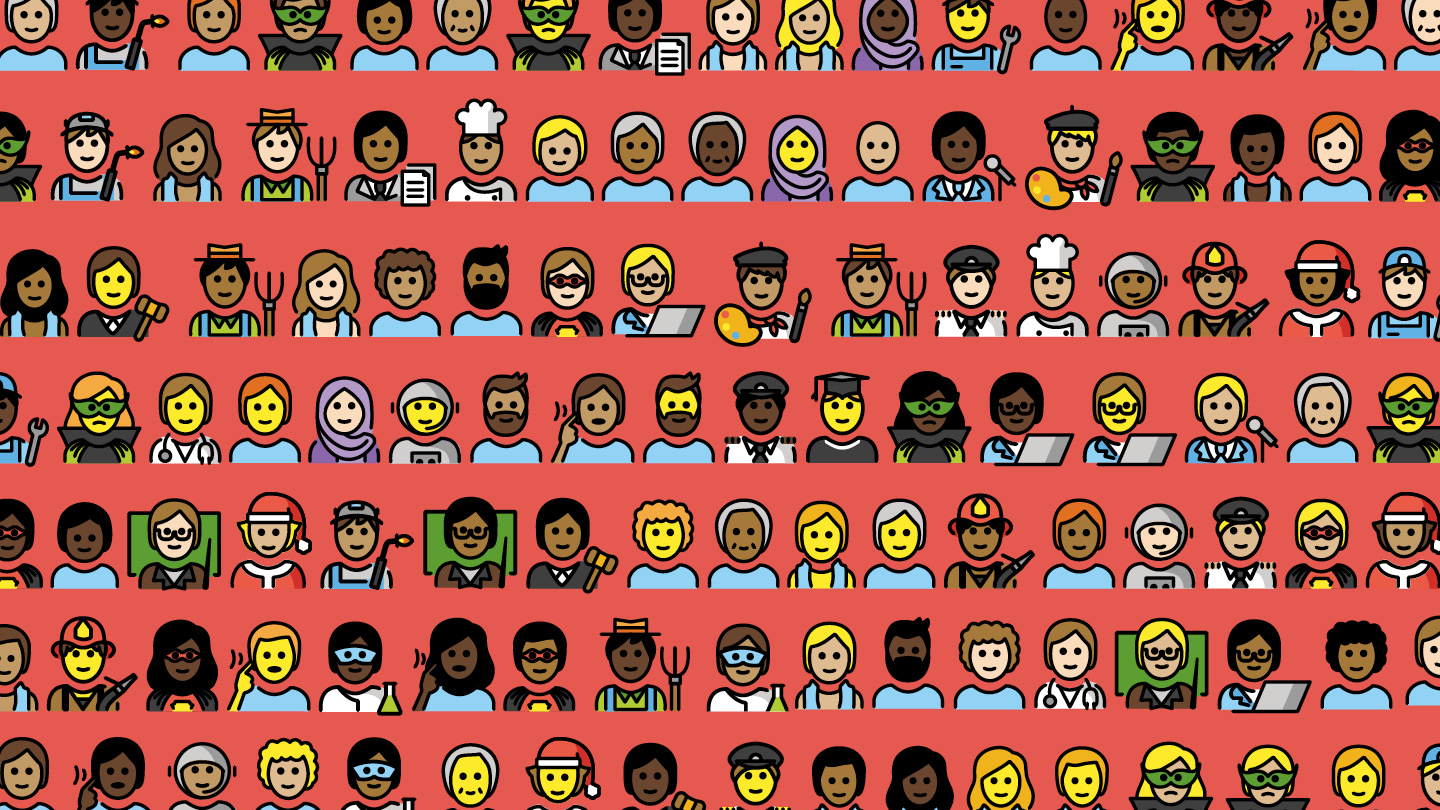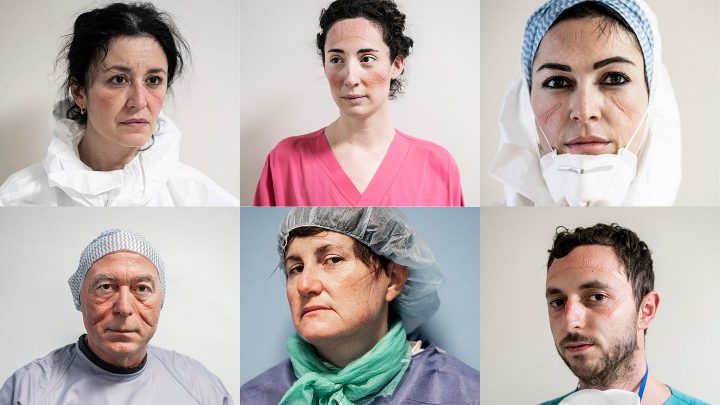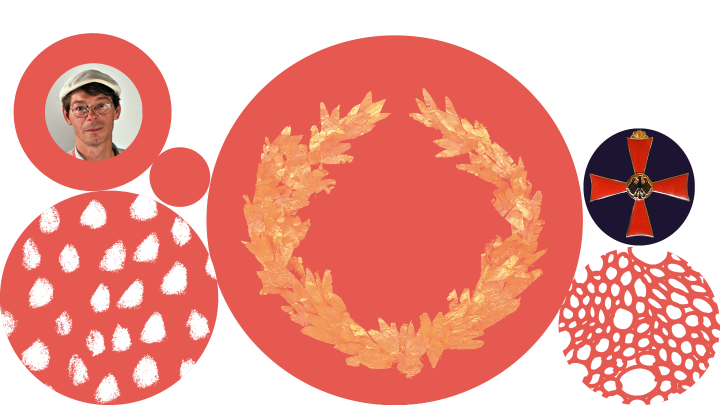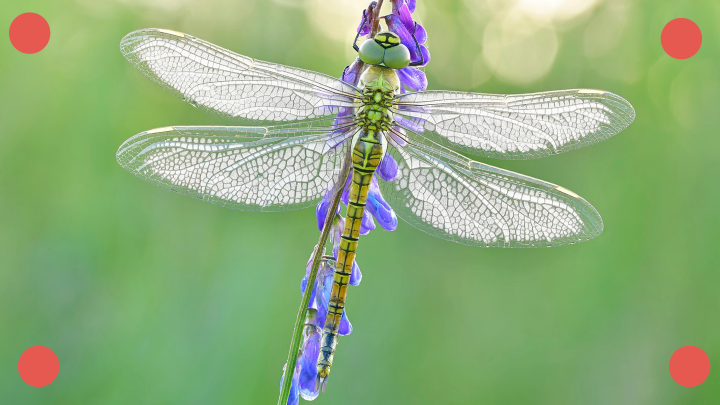60 participants from Germany, Austria and Switzerland attended the FemNetz network meeting.
How can Wikipedia become more diverse? This question was the focus of a series of events, including an edit-a-thon for International Women’s Day. FemNetz is also a new alliance that represents a feminism that everyone can relate to.
“Form gangs!” This was the motto of the FemNetz initiative at the beginning of 2021. The alliance came together at an online meeting with over 60 participants from Germany, Austria and Switzerland for the first time. The network includes individuals and groups such as WomenEdit, Art+Feminism, and Who writes his_tory? who all share the same goal: to make Wikipedia a more diverse and inclusive place.
This is not just about the much-discussed gender gap, i.e. the underrepresentation of women both in Wikipedia and in the communities. “We want to establish new values to ensure the future viability of Wikipedia,” emphasizes Wikipedian Sandra Becker, who is active in WomenEdit and one of the initiators of FemNetz. Urgent topics are, for example, “sustainability, how we interact with each other, the question of how we can give marginalized groups space, and open up more for queer topics.” No one should feel excluded, or, as Becker puts it succinctly, “Anything that leads to more knowledge is important for Wikipedia.”
FemNetz is explicitly open to men who are interested in the same topics and want to contribute. However, the aim is to break down social framing where the dominance of the generic masculine is taken for granted and where predominantly men determine which topics are relevant for Wikipedia – or not. Becker says that aspiring female Wikipedians in particular are often put off by the harsh tone in the digital space, and their articles are quickly deleted again.
But she has also found that many Wikipedians just lack a sense of what could offend others –and that a lot of reflection can be activated in personal exchanges.
Edit-a-thons for more gender equality
More visibility for women in Wikipedia – that was also the focus of two edit-a-thons in 2020. In conjunction with the Berlinale, committed women and Wikipedians met in a two-day writing workshop to write articles on a large number of actresses, female directors and filmmakers who have not yet had their place in the online encyclopedia.
At another edit-a-thon for International Women’s Day on March 8, Wikipedians gathered in Munich, Cologne, Berlin and Hanover to fill Wikipedia with biographies of women, focusing on their work and impact. So far, only about 15 percent of the biographies describe women.
Among other things, this imbalance was also the subject of the episode “XY unresolved” of the salon series “ABC of Free Knowledge,” which Lilli Iliev initiated for Wikimedia Deutschland. Guests included the publicist Ferda Ataman (see 3 questions) and Christel Steigenberger, a long-time Wikipedian and Trust & Safety Specialist at the Wikimedia Foundation.
The strength of collective authorship
“Even before FemNetz, great women were involved in creating more spaces in Wikipedia,” points out Swiss artist and Wikipedian Chris Regn, who is part of the accessible art space “Kaskadenkondensator” in Basel and is involved in Who writes his_tory? She names the Austrian Magdalena Reiter, the German Christina Dinar and the Swiss Muriel Staub, all with a long history of advocating for more diversity in the context of Wikimedia projects.
“All of these women have made me aware of what is actually going well in Wikipedia,” says Regn.
At FemNetz, she contributes her own experience from Switzerland, where she and fellow womeninvite people and groups under the title “Living Opinions” to exchange ideas about how Wikipedia could become more diverse and in what way it needs to open up.
Regn thinks that “The most important thing is that there is support, that no one has to write alone.” Of course, many prefer to write their articles alone at home. “But you can also write and discuss articles together at the table.” That’s how they do it at Who writes his_tory?. “We’re all about collective work, collective authorship – for us, that’s the strength of Wikipedia.”
3 Questions to Ferda Ataman
What are the perspectives that you miss in Wikipedia? Where do you see concrete signs that more diversity is needed?
One example that I find remarkable: The encyclopedic entry on the “domestic rabbit” is four times longer than the one on the term “Gastarbeiter” (immigrant or guest worker). I would argue that the so-called guest workers are more significant for German society. But this shows the balance of power and the focus of interests among the Wikipedians. It seems to me that competence around the topics of immigration country and immigration society is very one-sided. There are also many well-known persons of colour who do not have a biographical entry in Wikipedia. A YouTube star like Rezo can be found, yet searches for Tarik Tesfu are in vain, although he has already hosted a programme at the German TV and radio broadcaster NDR. There are many similar examples like this.
Generations have been brought up with a canon of knowledge that has completely ignored postcolonial perspectives, for example. In school, they were taught that Columbus had “discovered America” – which is now rightly regarded as an imperial interpretation of history. Can an encyclopedia depict processes of lifelong learning?
In comparison, Wikipedia is still best at depicting these processes. The very fact that there are no limits to the length of the articles makes it possible to describe different points of view and also controversies – of which there are many examples, especially now in the Corona pandemic. Unfortunately, Wikipedia often does not succeed in depicting controversial facets of
socio-political topics – and especially not in those areas relating to diversity.
The term “American Indian” illustrates where Wikipedia stands. The entry does state: “American Indian is a foreign term used by colonialists.” This addition would probably not have existed 20 years ago. Nevertheless, the entry is only titled “American Indians”, it talks about the “American Indian population”, and only in the 10th paragraph does it say that many people referred to with this term reject it. In my opinion, the way biographies are structured also reveals a limited horizon. Especially in the case of people with a migration history or of people assumed not to be so-called “bio” Germans, by the second sentence at the latest, we are told where their parents came from. I am an advocate of the view that it doesn’t matter where the ancestors reproduced.
In your eyes, how can communities become more diverse?
That’s a challenge. After all, I work a lot on how to achieve more diversity in the media. What people want to hear most is that all they have to do is to design the job posting in a certain way, and diversity will take care of itself. But what’s really needed is a cultural change in the organizations. And that is a long process. A first step is to send out the message – we want to become more diverse. It’s not hard to appeal to people. But then, you also need the ability to really tolerate different perspectives. That can mean work – but it’s definitely worth it.
Ferda Ataman
Ferda Ataman is a political scientist, journalist and author. Among other things, she was a journalist for the Tagesspiegel and Spiegel Online, headed the public relations department of the Federal Anti-Discrimination Agency and built up the “Mediendienst Integration,” an information platform on the topics of migration, integration and asylum. Ataman is chairwoman of the association New German Media Makers and co-founder of “neue deutsche organisationen”. For her work, she received the Julie and August Bebel Prize in 2019, recognizing her innovative and emancipatory contributions to political education. Her book “Hört auf zu fragen, ich bin von hier!” was published in 2019.


 www.wikimedia.de/
www.wikimedia.de/

